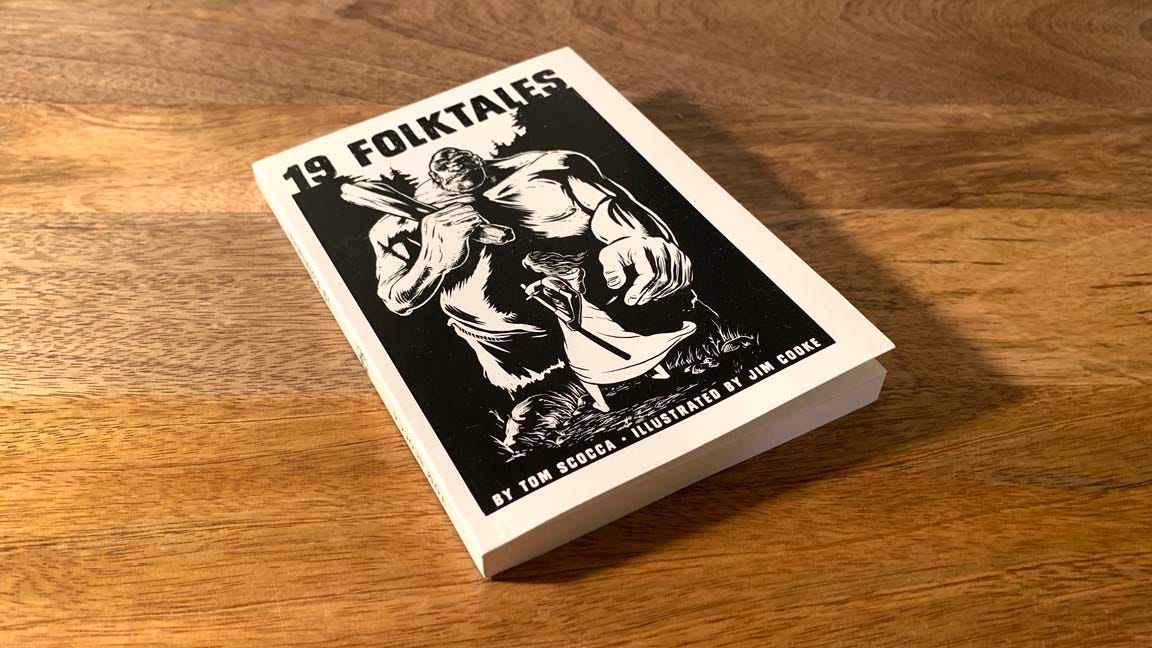
Cormac McCarthy, 1933–2023
THIRTY YEARS AGO, give or take a few weeks, I finished my college education and went straight to the main campus library. I hadn't spent all that much time in that library for my assignments, somehow, but now that the last papers were in and exams were over, I went up the sunny stairs and into the dark iron stacks, to the fiction shelves where I had certainly never had a reason to go, and I pulled out every Cormac McCarthy novel I could find: Child of God, The Orchard Keeper, Suttree, in oddly colorful library bindings...Blood Meridian had to have been in there, too. I brought them back to my dorm room and read them all, one after another, to begin my newly open-ended life.
McCarthy was then one year into what seemed like it would be his biggest commercial breakthrough, thanks to All the Pretty Horses. Critics loved it; unlike his first five novels, people bought it and read it. I bought it and read it. My own copy is, according to the copyright page, the third printing, while it was still in hardcover, before there was a National Book Award badge on the perfect black-and-white jacket.
It begins:
The candleflame and the image of the candleflame caught in the pierglass twisted and righted when he entered the hall and again when he shut the door.
Those first eight words—The candleflame and the image of the candleflame—stuck with me forever. I just now read the the Washington Post's obituary of McCarthy, which declared that he "had little interest in bringing his readers inside the minds of his protagonists," but that seems to miss the point. There's more to consciousness than internal monologues; the protagonist is looking at the twisting, doubled flame and the reader is looking through his eyes, four pages before McCarthy even pulls back far enough to give him a name.
And the image of the candleflame is the image being summoned by the novelist himself, on the grounds that it represents some underlying reality. Down the page, outside the house, the protagonist sees a passing train, with
the long light of the headlamp running through the tangled mesquite brakes and creating out of the night the endless fenceline down the dead straight right of way and sucking it back again wire and post mile on mile into the darkness
To render a thing visible, here, is to create it. Meanwhile, I had to look up "pierglass"—or "pier glass," in more orthodox style—to make sure it was a kind of mirror. Before the end of the opening passage, there would be untranslated Spanish dialogue, with no quotation marks and no speech verbs or attributions after one initial "he said."
The unfamiliarity was a familiar sensation: it was what reading felt like when reading was new, before I'd learned almost all of the words that people were likely to put into books. McCarthy—especially the latter-day, even more popularly successful McCarthy of The Road and No Country for Old Men—was a propulsive storyteller, with at times a screenwriterly directness and urgency, but he was also the idiosyncratic obsessive putting on the page whatever prophetic digressions or archaic lingo he wanted to put there, decade after decade, whether anyone else cared to pay attention or not. The books were as accessible and as cryptic as the world itself was.
The style—with its missing punctuation, fragmented sentences, and ornate vocabulary—was ripe enough to parody, though people tended to underestimate how tricky it was to swing from cowboy terseness to scriptural rococo. It was hard to be funnier than McCarthy, anyway, or than McCarthy's characters:
The boy watched him. You aint got no business smokin them things, he said.
His father pursed his lips and drummed his fingers on the table and looked up. When I come around askin you what I'm supposed to do you’ll know you're big enough to tell me, he said.
Yessir.
Or take the arrival of the terrifying figure known as the judge in Blood Meridian, bringing down a tent revival meeting and the tent with it:
Ladies and gentlemen I feel it my duty to inform you that the man holding this revival is an imposter. He holds no papers of divinity from any institution recognized or improvised. He is altogether devoid of the least qualifications to the office he has usurped and has only committed to memory a few passages from the good book for the purpose of lending to his fraudulent sermons some faint flavor of the piety he despises. In truth, the gentleman standing here before you posing as a minister of the Lord is not only totally illiterate but is also wanted by the law in the states of Tennessee, Kentucky, Mississippi, and Arkansas.
Oh God, cried the reverend. Lies, lies! He began reading feverishly from his opened bible.
It was necessary to shake McCarthy out of one's head to get back to one's own work. A person couldn't just go around writing like that and get away with it. But that stack of books said you could go around writing like something, and maybe even like yourself.
WEATHER REVIEWS
New York City, June 12, 2023
★ The act of lying very still, after the children had been sent off to school in their rain shoes, managed to summon a soothing breeze through the windows. It was no fun to be up and moving in the thick air. By late morning a cottony layer of cloud was pulling apart to let through some blue and enough sun to cast blurry shadows. The sun and clouds went back and forth; the worse the sky looked, the nicer it was to be out in. The wind picked up for a moment in Morningside Park, raising a hissing sound from the leaves on the steep slope. A muscular feral cat stood poised on a rock, mouth open and eyes glaring. People settled in at a picnic table with a portable speaker blasting a song about summertime. When the rain finally came, it was drowned out by the roar of the air conditioner. Nighttime was sweaty and restless.
EASY LISTENING DEP’T.
Indignity Morning Podcast No. 87: Another half day of anticipatory coverage.
Listen now (3 min) | The Indignity Morning Podcast is also available via the Apple and Spotify platforms.
SANDWICH RECIPES DEP’T.
WE PRESENT INSTRUCTIONS for the assembly of select sandwiches from Recipes: Proved and Approved, compiled by The Ladies of St. George’s Guild, Owen Sound, Ontario, Canada, published in 1913, found in the public domain and available at archive.org for the delectation of all.
CREAM CHICKEN SANDWICHES
Take 1/2 cup of finely chopped chicken and pound it fine. Dissolve a teaspoon of gelatine in two tablespoons cold water. Whip 1/2 cup of cream. Add the liquid gelatine to the chicken. Season with salt, stir until it begins to thicken, add the whipped cream, and when it gets very cold spread on slices of buttered bread.
OLIVE SANDWICHES
Spread thin slices of bread with olives chopped fine and mixed with salad dressing.
GINGER SANDWICHES
Preserved ginger chopped fine and mixed with whipped cream and put between layers of buttered bread.
A NEW SANDWICH FOR TEA
The maple sandwich is a seasonable suggestion for afternoon tea. Shave off one cupful of maple sugar and put it through the meat chopper with a cupful of blanched almonds. Add enough cream to make a paste and use it as a filling for thin slices of either white or brown bread.
If you decide to prepare and attempt to enjoy a sandwich inspired by this offering, kindly send a picture to us at indignity@indignity.net.
MARKETING DEP'T.
Thanks for reading INDIGNITY, a general-interest publication for a discerning and self-selected audience. We depend on your support!







